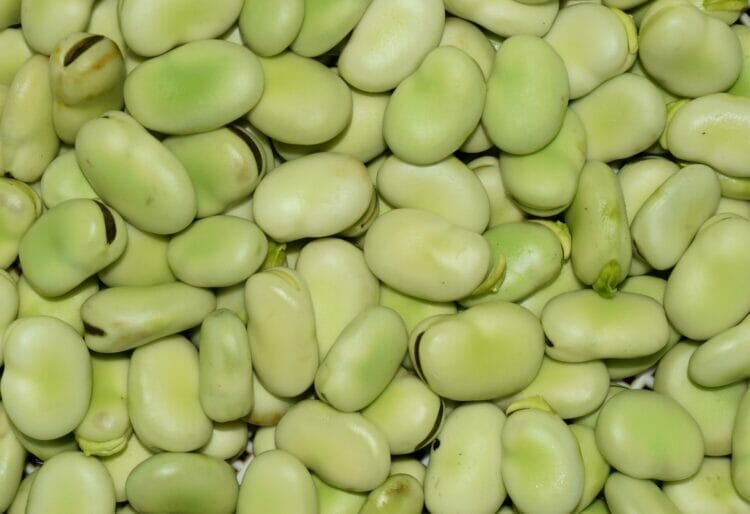SCIENTISTS at the University of Reading have devised a unique way of keeping the British diet healthy and environmentally-friendly.
Researchers and chefs are encouraging consumers and food producers to switch to bread containing faba beans, commonly known as broad beans as part of the £2 million ‘Raising the Pulse’ project.
The three-year-long initiative was announced on January 18 and will see five teams of researchers within the University of Reading, along with members of the public, farmers, industry, and policy makers come together to introduce pulses into diets en masse for what is considered to be the biggest shake-up in UK food in generations.
Prof Julie Lovegrove is leading the programme and said: “We had to think laterally: What do most people eat and how can we improve their nutrition without them having to change their diets? The obvious answer is bread.
“96 percent of people in the UK eat bread, and 90 percent of that is white bread, which in most cases contains soya. We’ve already performed some experiments and found that faba bean flour can directly replace imported soya flour and some of the wheat flour, which is low in nutrients.
“We can not only grow the faba beans here, but also produce and test the faba bean-rich bread, with improved nutritional quality.”
Faba beans are an ideal substitute to the ubiquitous imported soya bean, used in bread as an improver, but predominantly go to animal feed at present.
Their favourable growing conditions in the UK and sustainable nutritional enhancement have led to researchers encouraging farmers to switch some wheat-producing land to faba bean production for human consumption.
Faba beans are particularly high in easily digestible protein, fibre, and iron, nutrients which can be low in UK diets.
Raising the Pulse is a multidisciplinary programme of research, funded by the UKRI Biotechnology and Biological Sciences Research Council, as part of their ‘Transforming UK Food Systems’ initiative.
The university will look to consult and work with members of disadvantaged communities and conduct studies using the novel foods at students halls and catering outlets.
Matt Tebbit, who runs Reading’s catering service and leads its ‘Menus for Change’ research programme, said: “Students will be asked to rate products made or enriched with faba bean, such as bread, flat bread, and hummus.
“They will be asked questions about how full they felt, for how long and their liking of the foods. It is hoped that faba bean will improve satiety, as well as providing enhanced nutritional benefits in products that are enjoyable to eat.”
The beans must be grown, harvested and milled before they can be tested. The project seeks to optimise these processes.
Researchers will be breeding varieties that are healthy as well as high yielding, working with the soil to improve yield via nitrogen fixing bacteria, mitigating environmental impacts of farming faba beans and planning for climate change.























